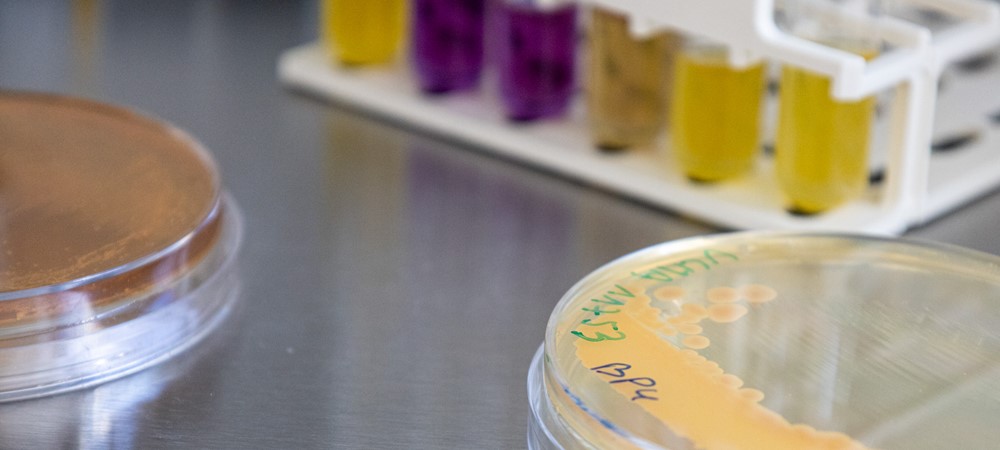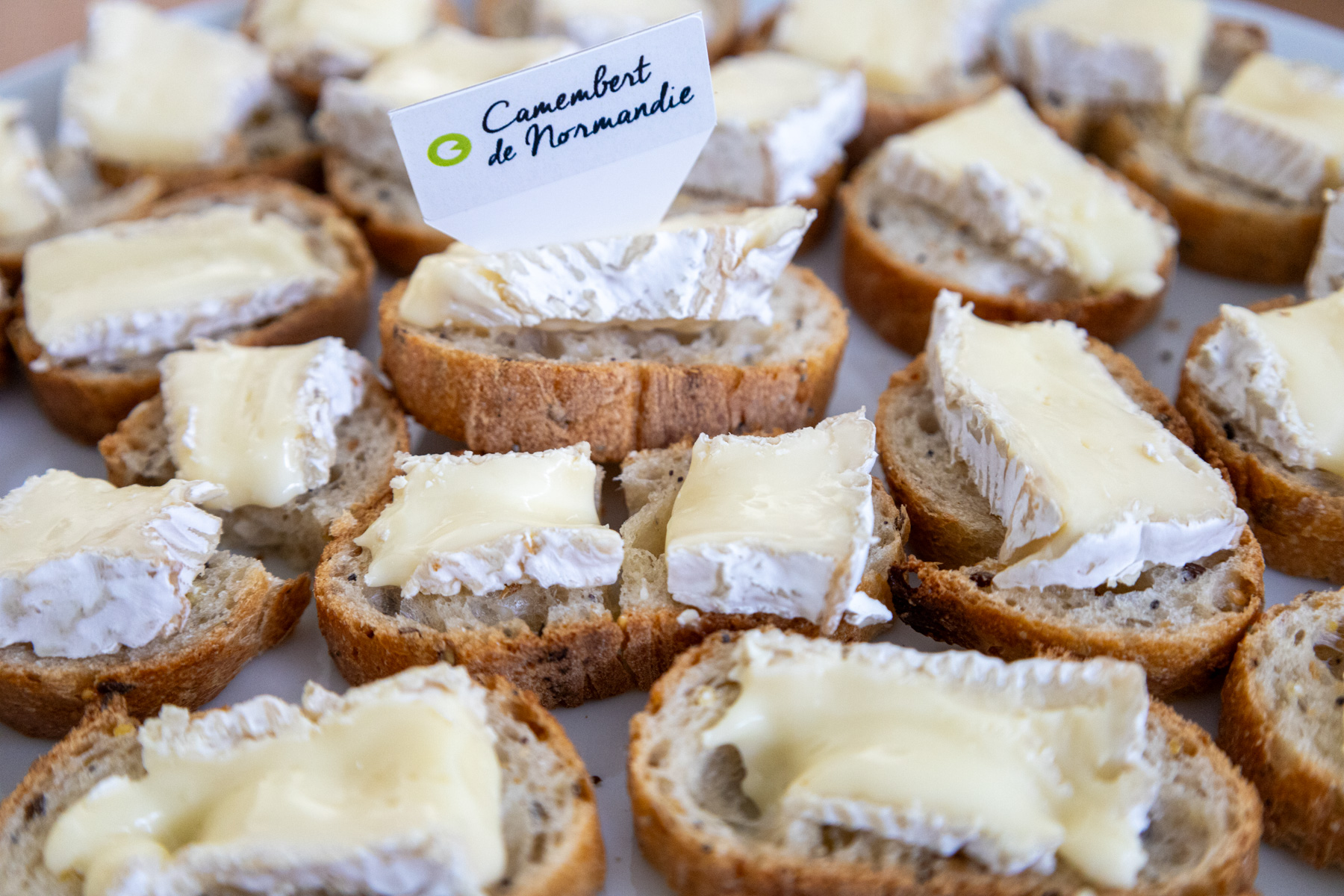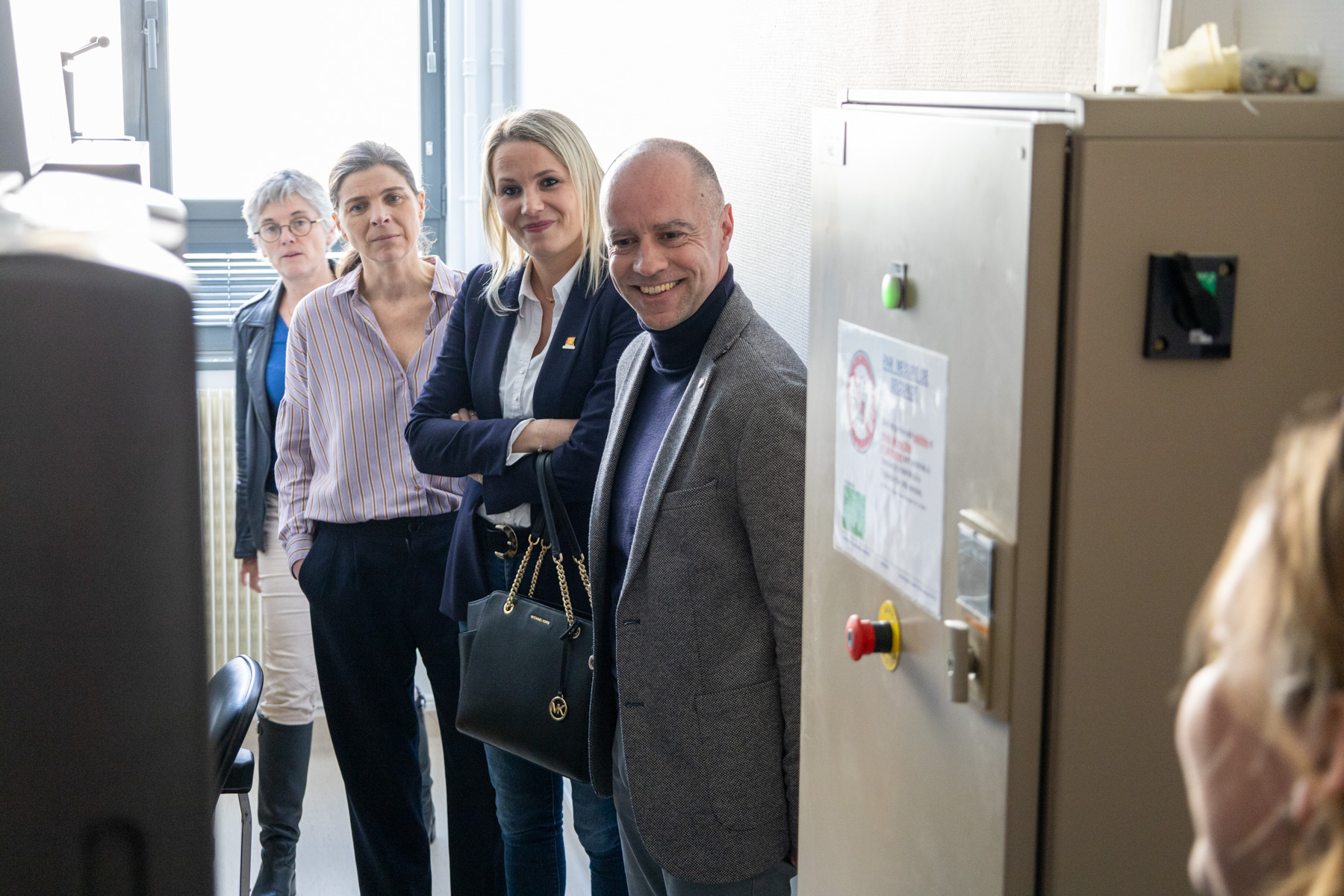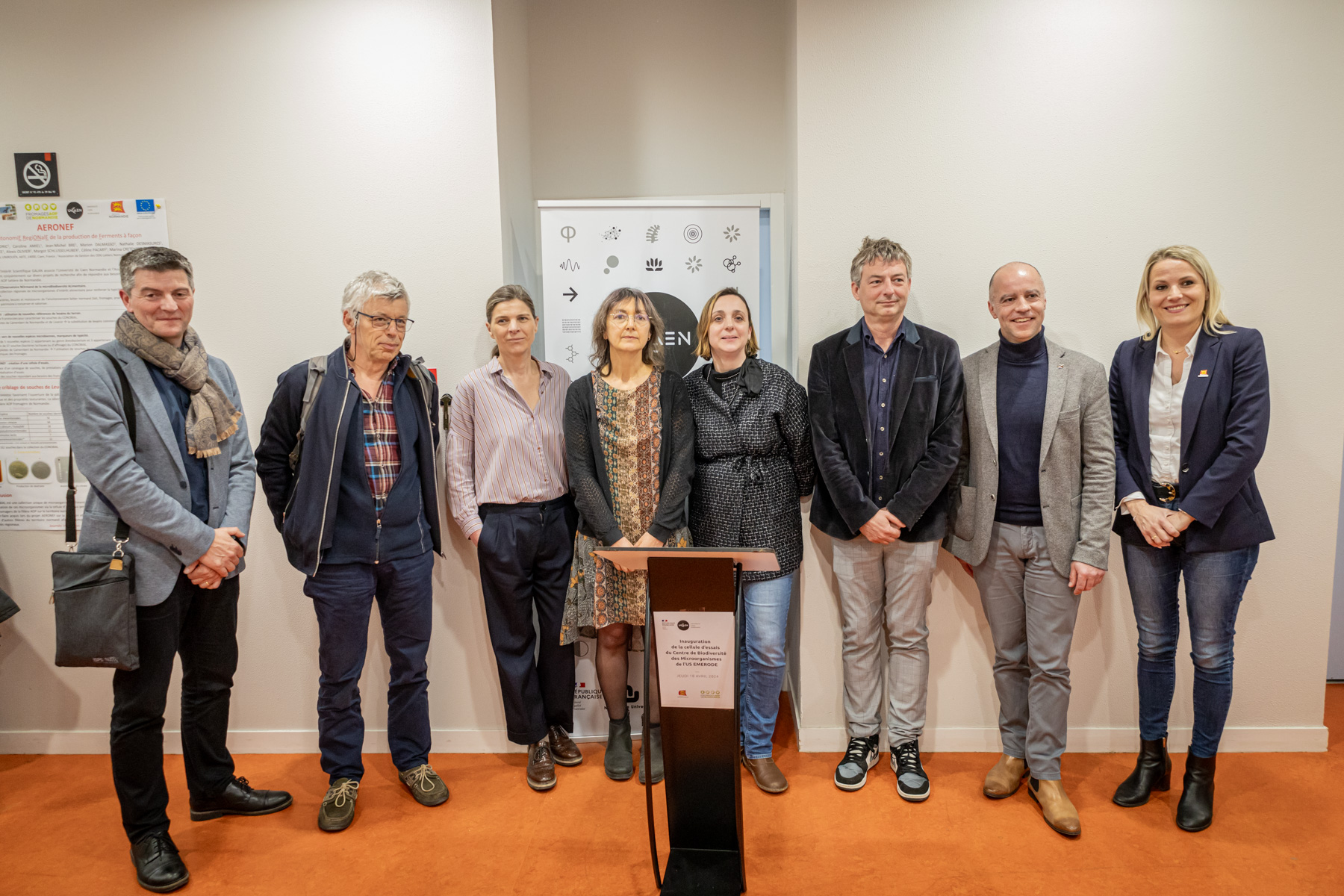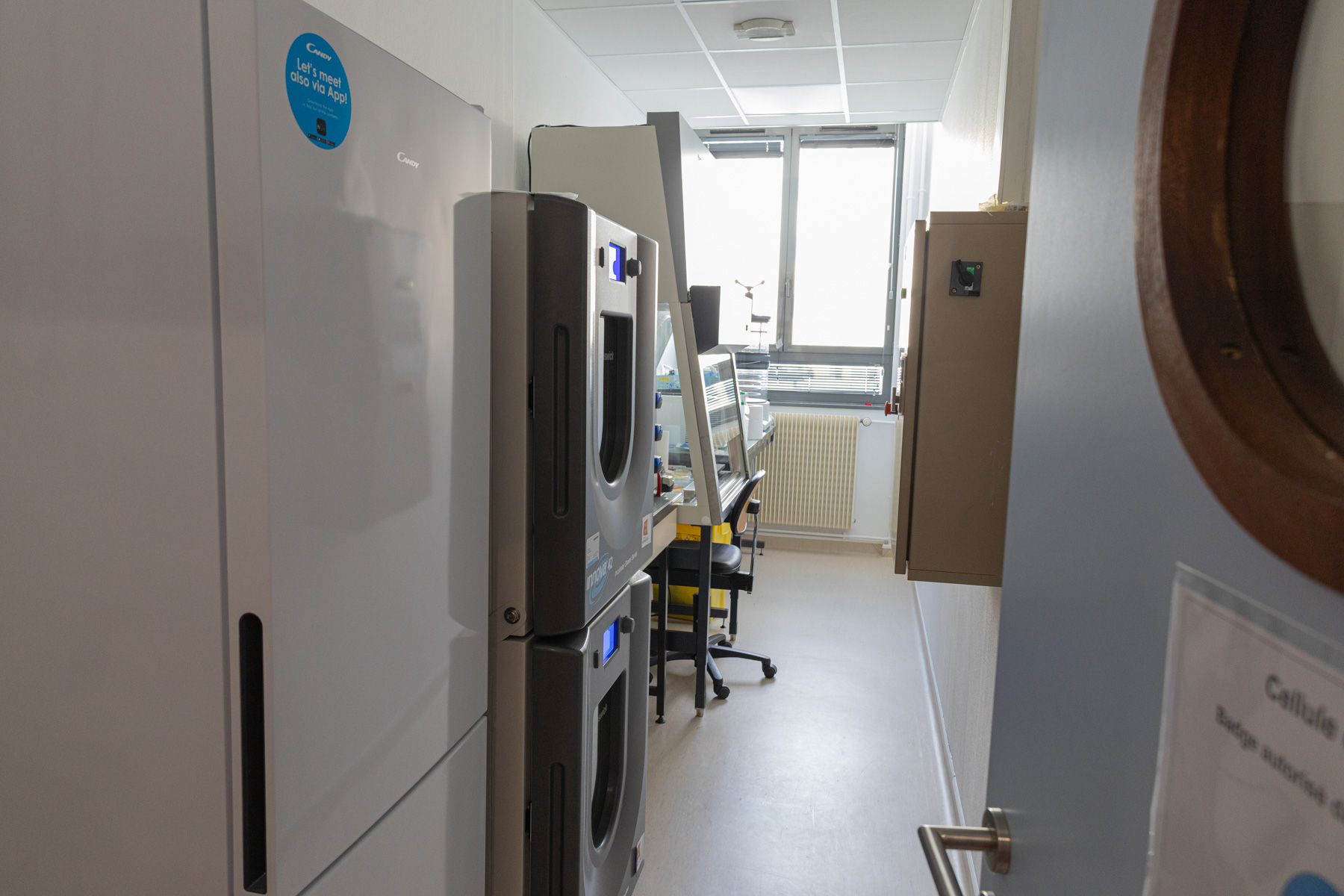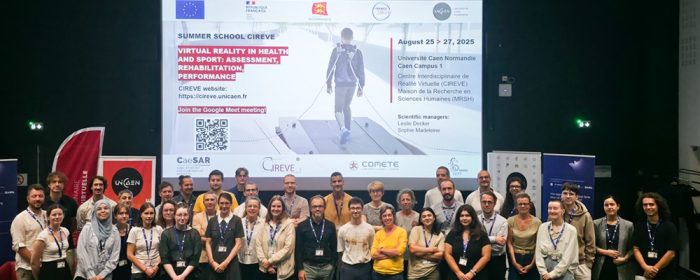The University of Caen Normandie has equipped itself with a test cell dedicated to the production of ferments for the Normandy AOP (equivalent to PDO, Protected Designation of Origin) dairy industry.
Protecting the region’s heritage and know-how
Behind the Protected Designation of Origin (PDO) of four cheeses from Normandy lies a rigorous set of specifications, based on historic know-how. Microorganisms are part of essential ingredients in cheese-making, playing a key role in the fermentation process. Originating from the Normandy terroir, these ferments reinforce the typicality of the cheeses, giving them their characteristic taste and consistency.
To preserve and enhance this microbial biodiversity, the Association de gestion des ODG laitiers normands (Normandy Dairy ODG Management Association) has been collaborating with the University of Caen Normandie for almost ten years, with the ongoing support of the Normandy Region. « Together, in 2015, we inaugurated CONOBIAL, the Normandy Conservatory of Food Microbiodiversity, which today boasts more than 8,000 microbial strains – bacteria, yeasts, mold » explains Marina Cretenet, senior lecturer in microbiology (ABTE research unit). « This collection of microorganisms is the result of our research work, carried out since the 1970s. These strains, specific to the Norman land, are characterized and developed in the laboratory in support of Norman producers. It is both a university and a local cultural heritage. »
A test cell dedicated to ferment production
To meet the needs of the Normandy PDO cheese industry, the next step is to produce small quantities of ferments from the CONOBIAL collection. The University of Caen Normandie is thus equipping itself with a test cell, co-financed by the European Union (FEADER funds) and the Normandy Region, to transfer research results and support the development of ferments.
« We position ourselves as intermediaries, providing technical and scientific support for development trials and validation of the business model, emphasizes Marina Cretenet. It is not a question of replacing industry professionals, but of acting as a link, because we have a local role to play in supporting the industry, which is made up of 560 milk producers and 24 processors. »
In the end, this unit will be extended to cover the needs of the cider and seaweed sectors.
The test cell was inaugurated on Thursday, April 18, 2024, in the presence of the project partners.


